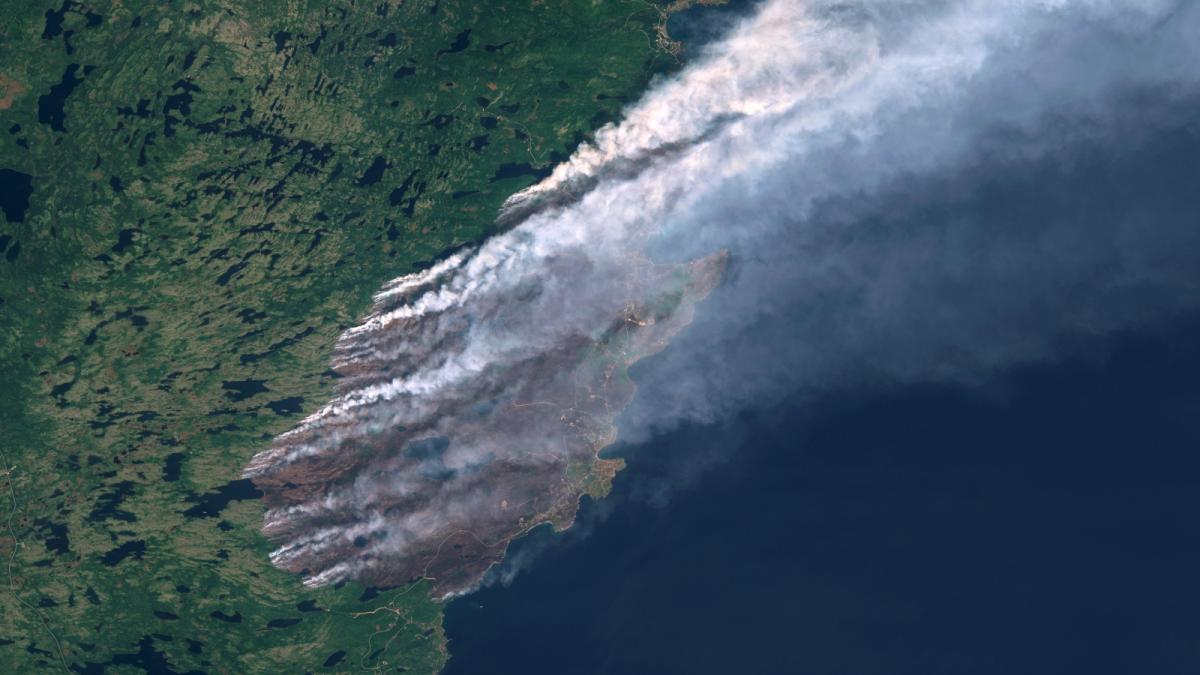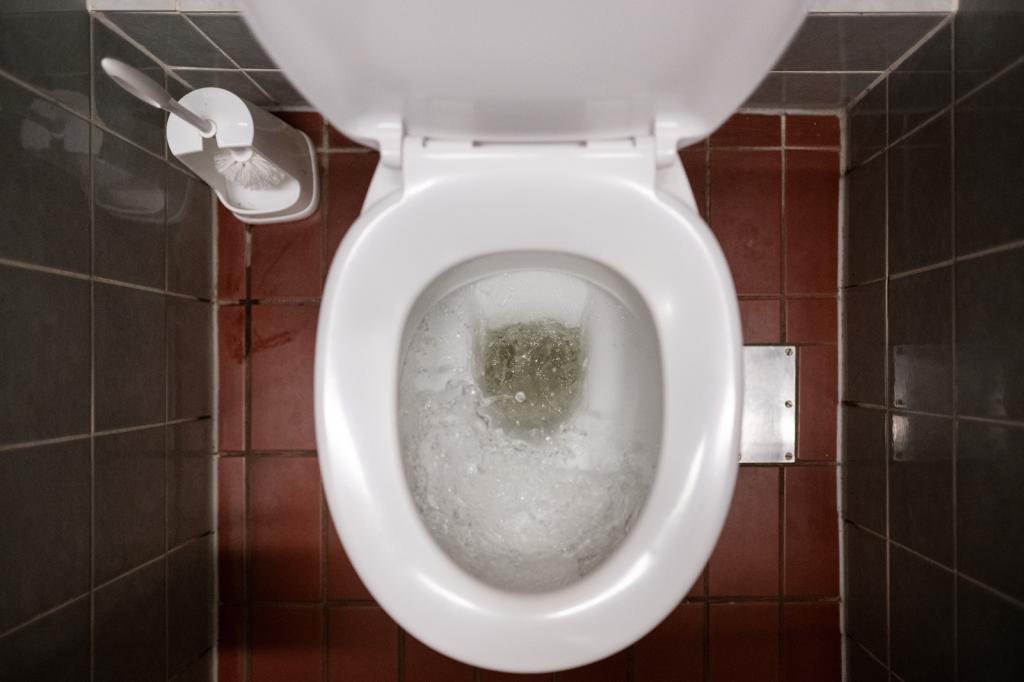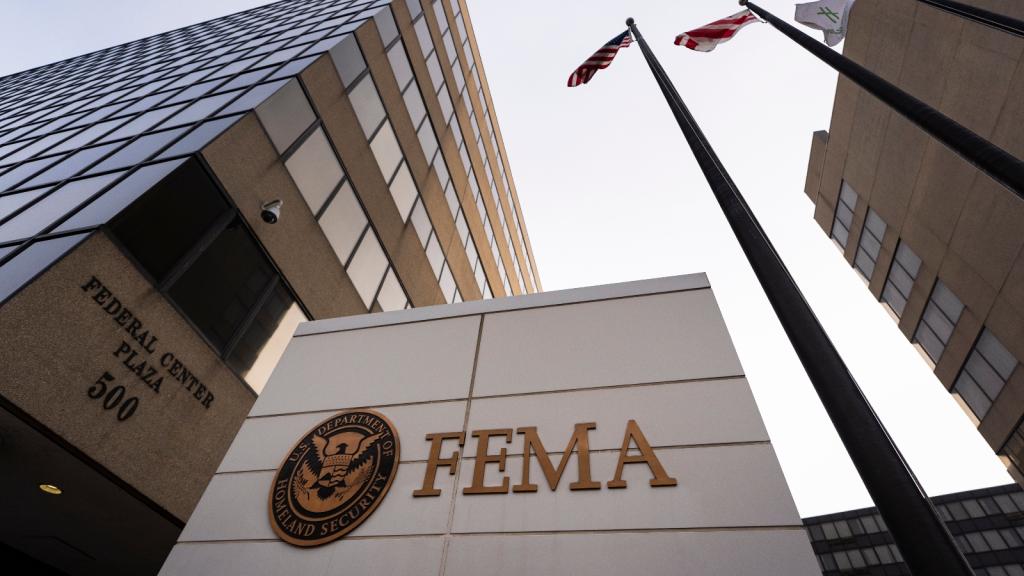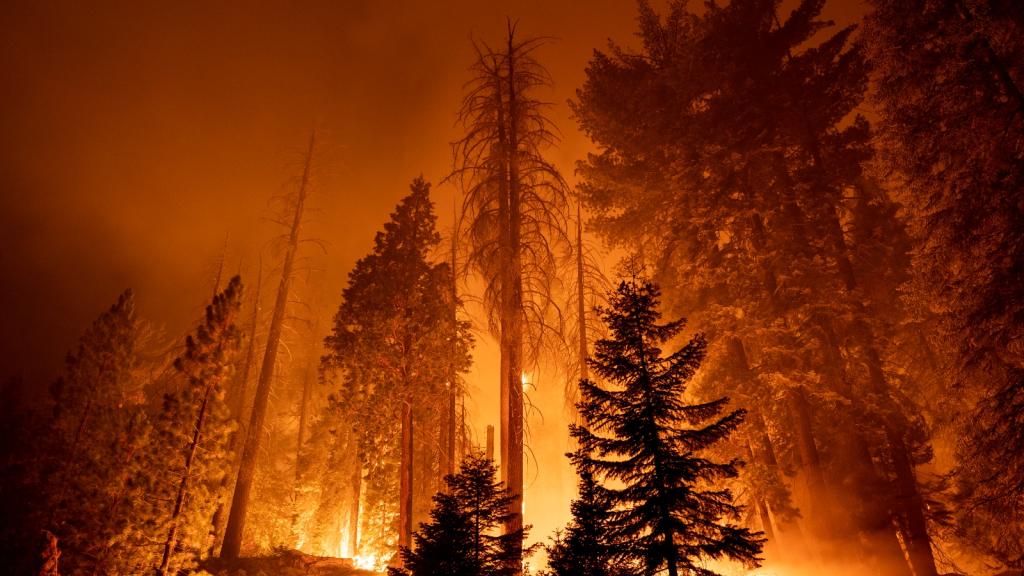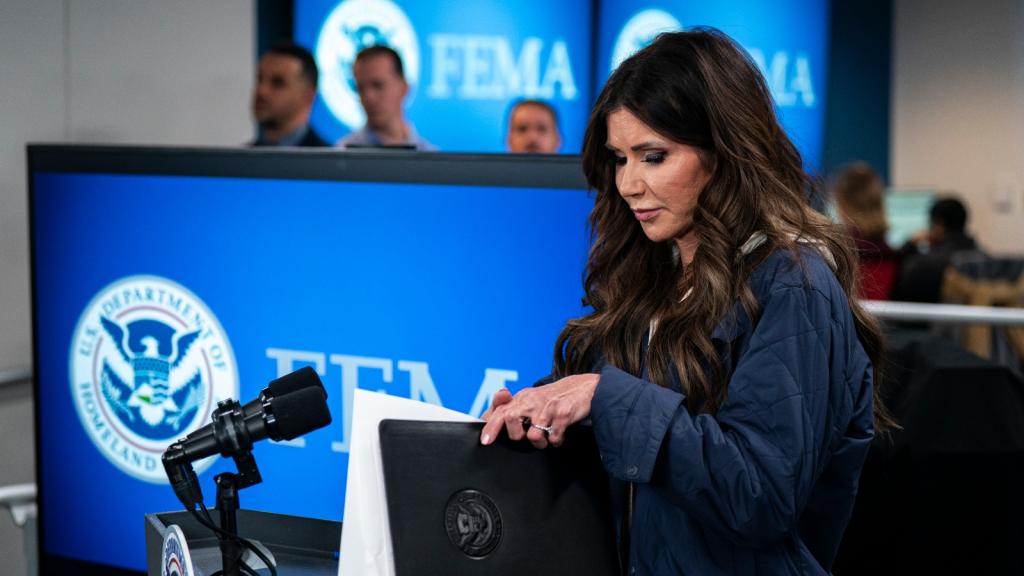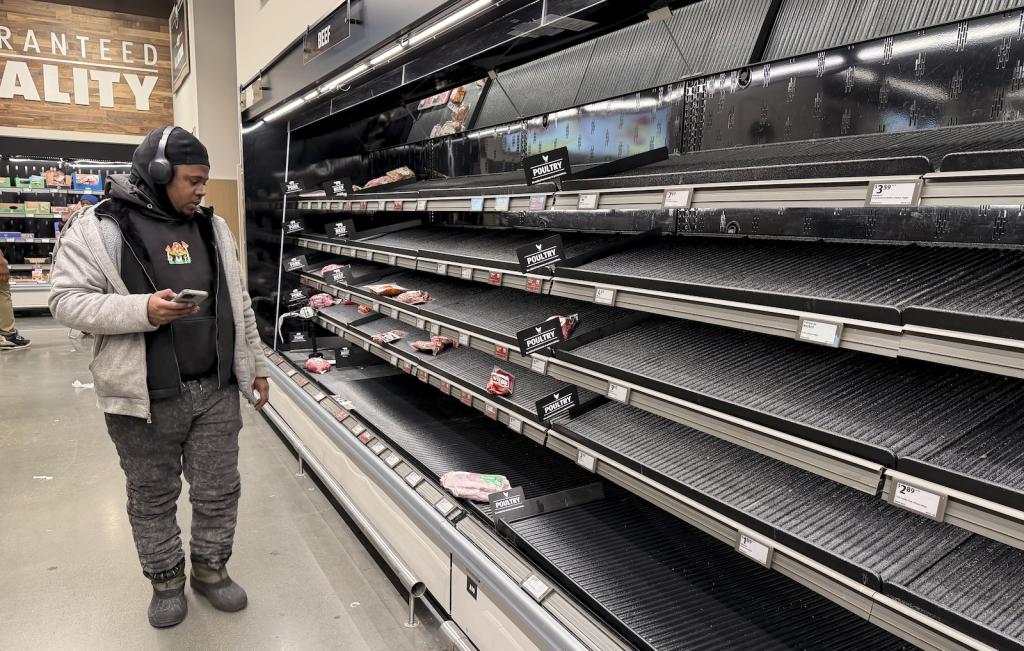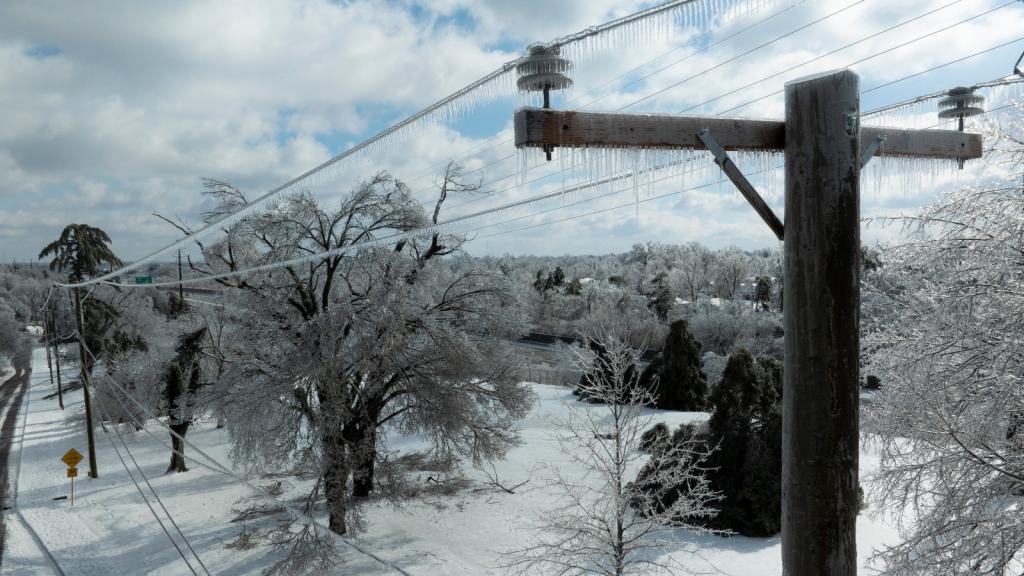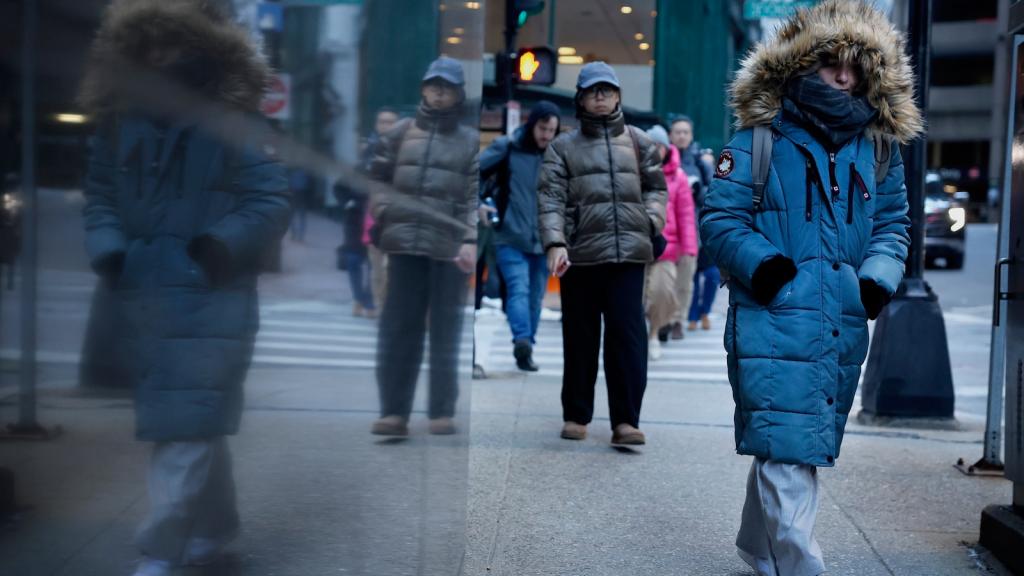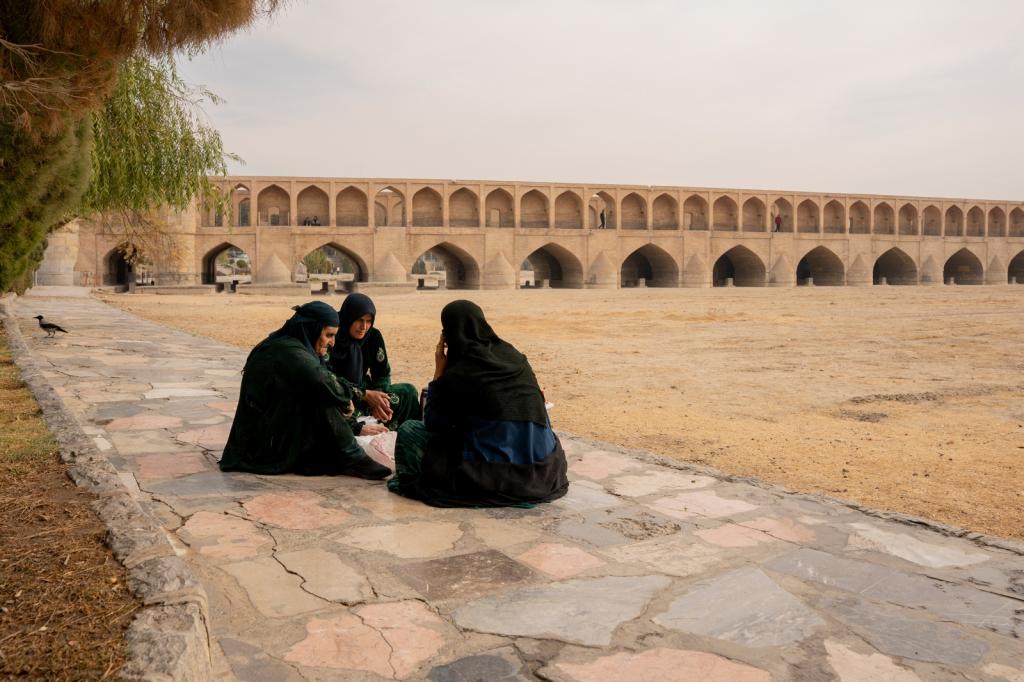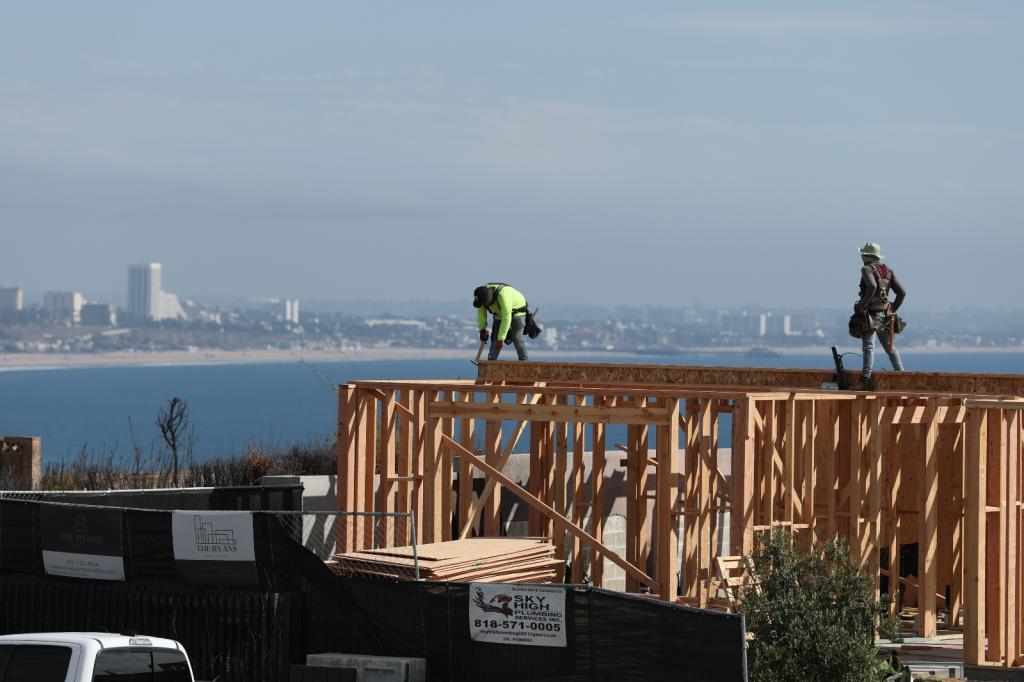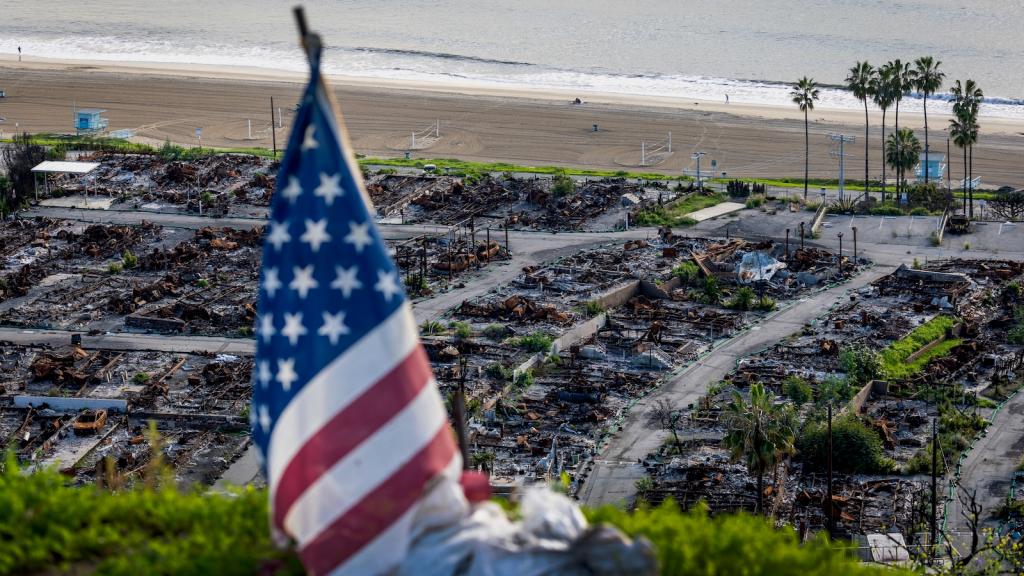The extreme heat, high winds, and severe dry conditions that produce towering, fast-moving flames that advance by the acre are not just becoming more common; new research shows that these factors are increasingly arising in multiple regions at the same time, creating the conditions for simultaneous wildfires around the world.
In a study published today in the journal Science, researchers reported that the ideal conditions for major wildfires are now aligning across different parts of the world at more than double the rate they did nearly 50 years ago. Climate change is a major driver, accounting for about half of this increase. It’s the latest example of how humans are reshaping the nature of wildfires.
These changes have led to periods of inescapable smoke from blazes and more stress on firefighters, expanding the public health, economic, and social costs of infernos. As the climate continues to warm, these trends are likely to continue to worsen.
Wildfire smoke is already linked to tens of thousands o... Read more
